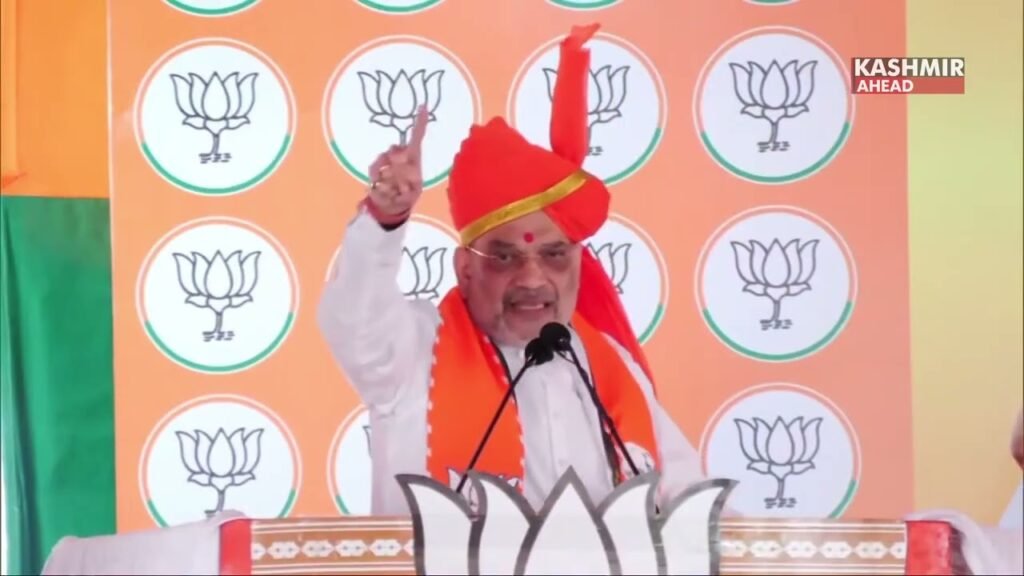The abrogation of Article 370 of the Indian Constitution by the Modi government in August 2019 marked a significant milestone in the history of Jammu and Kashmir and India as a whole. Article 370 granted special autonomous status to the state, limiting the Indian government’s authority over its affairs. Its revocation stirred debates and reactions across the nation, reshaping the political landscape and raising questions about governance, security, and human rights. The removal of Article 370 aimed to integrate Jammu and Kashmir more closely with the rest of India, fostering economic development, and enhancing security in the region. It signified a departure from the decades-long policy of special status and autonomy, which some argued had hindered the state’s progress and fueled separatist sentiments. By abolishing Article 370, the government sought to bring Jammu and Kashmir into the mainstream, aligning it with the principles of equality and unity enshrined in the Indian Constitution. However, the decision was not without controversy. Critics raised concerns about the manner in which Article 370 was revoked, arguing that it undermined democratic principles and bypassed the will of the people of Jammu and Kashmir. The move was accompanied by a heavy security crackdown, including the imposition of curfews, communication blackouts, and the detention of political leaders, which drew condemnation from human rights organisations and the international community. The aftermath of Article 370’s removal has been characterised by both challenges and opportunities. On one hand, the region has witnessed increased infrastructure development, investment, and job opportunities, signaling a potential economic revival. On the other hand, tensions persist, fuelled by ongoing security concerns, sporadic violence, and a sense of alienation among certain segments of the population. Moreover, the revocation of Article 370 has sparked renewed geopolitical tensions between India and Pakistan, both of which claim sovereignty over the region. The move has further complicated an already volatile situation, with the risk of escalation and conflict remaining ever-present. The removal of Article 370 in Jammu and Kashmir represents a significant turning point in India’s political trajectory. It reflects the government’s commitment to national unity and development, while also raising complex questions about governance, democracy, and human rights. The long-term impact of this decision remains to be seen, but its reverberations will continue to shape the region’s future for years to come.
Amit Shah’s Influence in Jammu and Kashmir: A Paradigm Shift
Keep Reading
Add A Comment
Services
- About
- Contact
- Video
- Newsletters
- Sponsored News
Subscribe to Updates
Get the latest creative news from FooBar about art, design and business.
© 2025 Kashmirahead. Designed by Creative Milestone..



